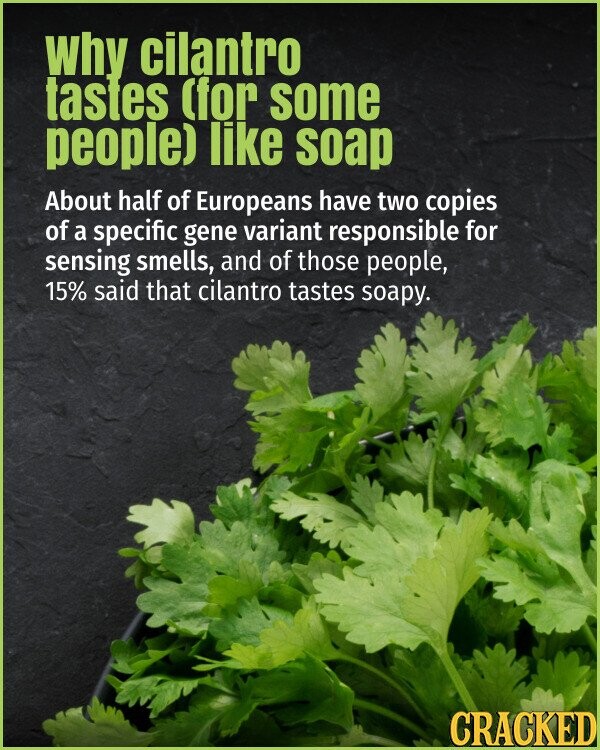12 Scientific Explanations For Why the Food We Eat Tastes the Way it Does

Ah, the mysteries of taste and smell. For centuries, humans have been intrigued by how our senses of taste and smell work and the various ways they can be manipulated. From the spicy defense mechanism of chili peppers to the complex flavor of real vanilla extract, the tastes and smells of food can be both delightful and surprising. But what about the flavors and aromas that we don’t expect? What about the vomit-flavored chocolate or the orange juice that tastes bitter and sour when you brush your teeth?
In this list, we’ll explore some of the more interesting aspects of taste and smell, from the science behind the Maillard reaction to the genetic variations that affect how we experience cilantro. We’ll also look at how high altitudes can affect our taste buds and how UHT-treated organic milk can stay fresh for longer. So, without further ado, let’s dive into the weird and wonderful world of taste and smell.
Spicy defense mechanism.

Real vanilla: complex flavor, sharp taste.

Orange Juice

When smell and taste don't match.

Vomit-flavored chocolate. Yum.

Fishy milk: not just a myth.

The Maillard reaction: Deliciously dark and fragrant.

Organic milk: UHT-treated for longer freshness.

Gros Michel: the original banana flavor.

Cilantro: half of Europeans hate it.

Taste Buds

Spicy food: not actually hot, just VR1-receptor-triggered.
